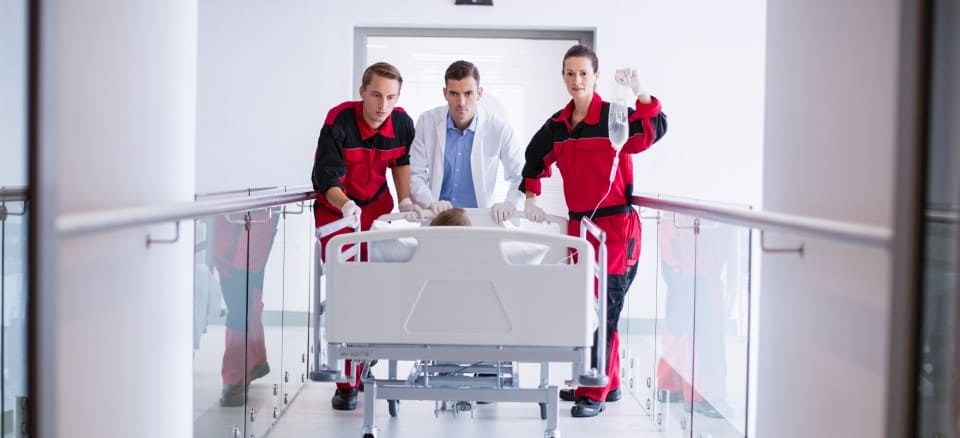Critical Care Medicine (CCM) is a specialty that involves the management of patients with life-threatening, frequently complex medical and surgical illnesses in a specialized Intensive Care Unit (ICU) or similar facility. A modern ICU represents the pinnacle of any hospital’s approach to highly technological & sophisticated in-patient care.
The CCM physician, also called an Intensivist in some parts of the world, has expertise in the evaluation and management of these critically ill patients. These critically ill patients may have dysfunction or failure of one or more organ systems, including cardiac failure, pulmonary failure, neurologic failure, liver failure, kidney failure and gastrointestinal system failure.
In the ICU procedures used to support and identify the cause of the critical illness include endotracheal intubation, central venous catheterization, arterial cannulation, pulmonary artery catheterization, bronchoscopy, lumbar puncture, thoracocentesis, paracentesis, chest tube thoracostomy and percutaneous tracheostomy. Specialists from anaesthesia, general medicine, pulmonology and surgery can undergo further training in critical care medicine to become a CCM physicians.
The department of Critical Care and Emergency Medicine at Amandeep Hospital provides critical care services on 13 beds in three medical/surgical critical care units and 6 beds in a High Dependency Unit (HDU) 3 beds septic ICU, 3 beds burn ICU and also provides resuscitation services in Floor beds and Emergency Rooms.
The ICU is staffed in a nurse-to-patient ratio of 1:1. All these ICU nurses are given introductory training in critical care nursing and undergo regular teaching programs conducted or arranged by the Department of Critical Care & Emergency Medicine, to promote critical nursing care skills and knowledge throughout their stay in the ICU.




